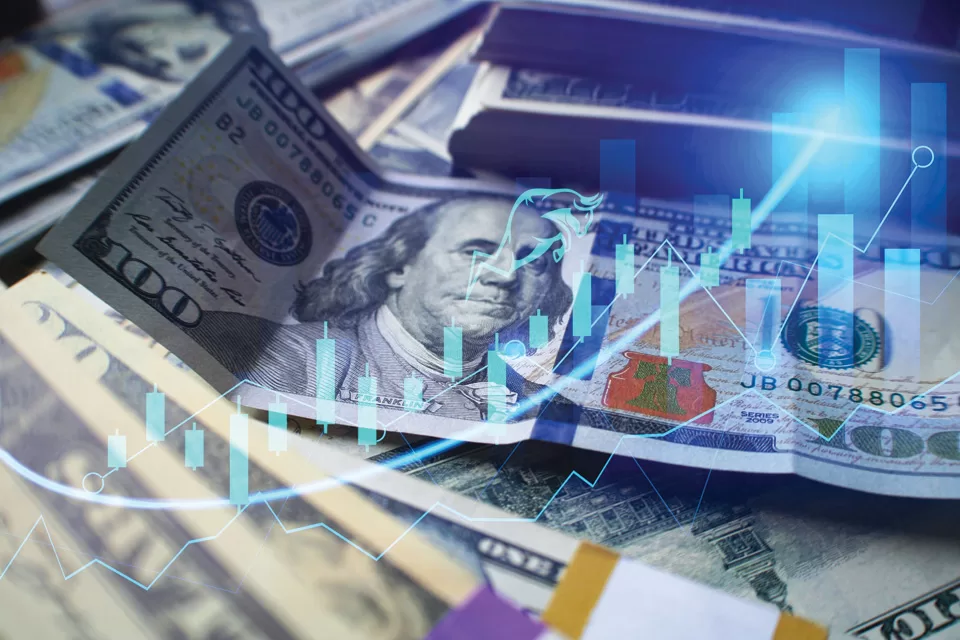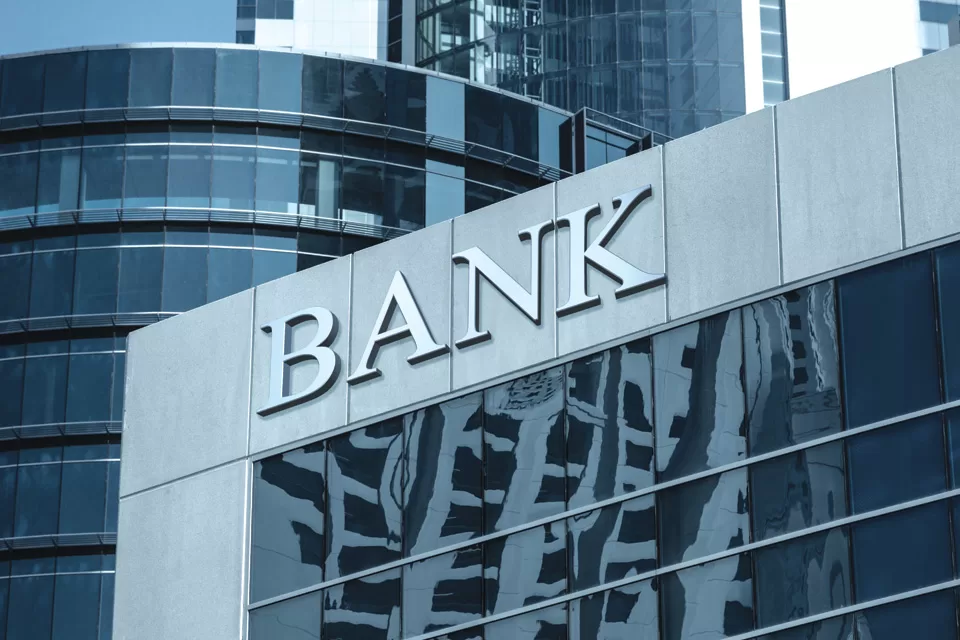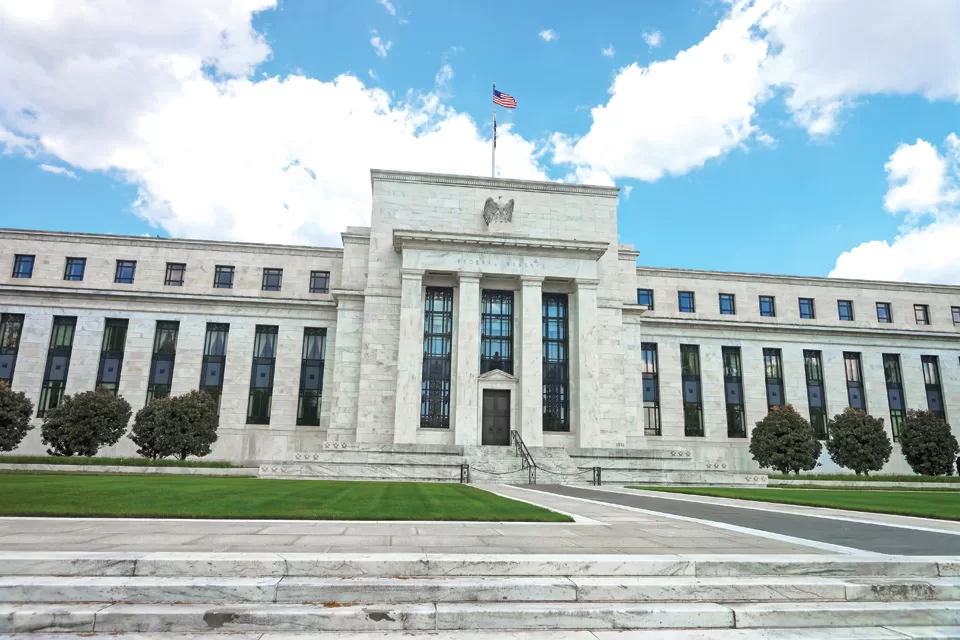
Americans will put up with anything
provided it doesn’t block traffic.
Dan Rather
Amid all the observations people have made about the financial markets of the 21st century, the most unusual feature has largely escaped notice – to the detriment of many investors. Stock market booms and busts, while disruptive, are not uncommon. Neither are the economic effects of wars, political upheaval, or even pandemics. But 0% interest rates on cash? That is unusual.
In the postwar period from 1946 through 2008, the average interest rate on cash (as measured by one-month US Treasury bills) was 4.6%. And during the final four decades of the 20th century, that rate never fell below 2% on a calendar-year basis.
Then, in 2008, the global financial crisis changed the way we think about interest rates. In order to stimulate the economy at the height of the crisis, the Fed reduced short-term interest rates to zero and kept them there until late 2015. After a respite of a few years, in which short-term rates rose to the dizzying height of 2.5%, the onset of the coronavirus pandemic sent rates down to zero again. That lasted from March 2020 through early 2022.
Somewhere along the way, the American public forgot what it was like to earn income on cash, and an entire generation has grown up in an environment where an interest rate of zero is considered normal. Looking back from early 2022, the 15-year annualized return on one-month US Treasury bills was less than 1%, and banks had been paying even less on money held in most customer accounts. By the time the Fed started raising interest rates in March 2022, complacency had set in, and people seemed not to notice that the interest on their bank accounts failed to keep up with rate increases elsewhere in the economy. But that apathetic approach can translate to significant lost opportunities; consider the following to put this in perspective.

Do not give a free loan to your bank
Would you be willing to lend your money to a large corporation without charging interest? Presumably the answer is no, but when you deposit cash to a checking account that pays near-zero interest, you are doing exactly that. At the time of this writing, in March 2024, the average interest rate on a checking account at the four largest US banks was below 0.1%. Contrast that with yields of over 5% for online savings accounts, six-month CDs, US Treasury bills, and money market accounts. Granted, the banks do incur higher costs on checking accounts, but a 5% spread is egregious; the large national banks are simply benefiting from the complacency of the public. Fortunately, there is a simple solution: While it is fine to keep enough cash in your checking account to cover bills for a month or two, keep any cash balances above this amount elsewhere.
Do not give a free loan to the government, either
We presume you would be no more willing to lend your money interest-free to the government than to a bank. However, many taxpayers do just that when they have the IRS withhold more tax than necessary from their paychecks. It might feel good to receive a refund check from your tax return in the subsequent year, but what the government “bank” actually is doing is giving you your own money back and paying you nothing for using it. This did not matter much when interest rates were near zero, but now that you can earn 5% on your cash, you are better off withholding only what is necessary for taxes and earning interest on the money you choose not to withhold.

Understand the risk you are taking with your cash
Presumably, taxpayers and customers of the largest US banks are willing to accept zero interest because of the perceived safety of those large banks and the government itself. Granted, tax refunds and FDIC-insured bank deposits (up to certain limits) are guaranteed by the government, but there are other savings vehicles that not only are risk-free but also pay a fair rate of interest.
For example, a US government money market fund held in a brokerage account is risk-free, and most of these funds are currently paying around 5% interest. You could even argue that money market funds are safer than bank deposits because money market funds are not a liability of the financial institution like bank deposits are. A money market fund is held in trust for your benefit and segregated from the business activities of the financial institution, so even if the institution goes out of business, the cash in your money market fund is safe.
And a money market fund is not the only alternative to bank deposits – US Treasury bills (the safest investment of all) and three-month CDs are both paying more than 5%. These three cash options differ in their flexibility, convenience, and liquidity terms, but they all offer much higher interest than most deposits at the major banks, with no additional risk.
You have many viable choices, but complacency should not be one of them. After all, if your bank informed you that you had to pay them 5% each year for the privilege of keeping your cash in their checking account, you would almost certainly withdraw most of your money with the utmost haste. Yet by accepting a 0% interest rate when you can easily earn 5% elsewhere, you are, essentially, paying that same needless fee. Whatever vehicle you choose, for the cash you do not need for monthly expenses, you should no longer accept a vehicle that pays you zero interest. Those days, thankfully, are over – at least for now.
